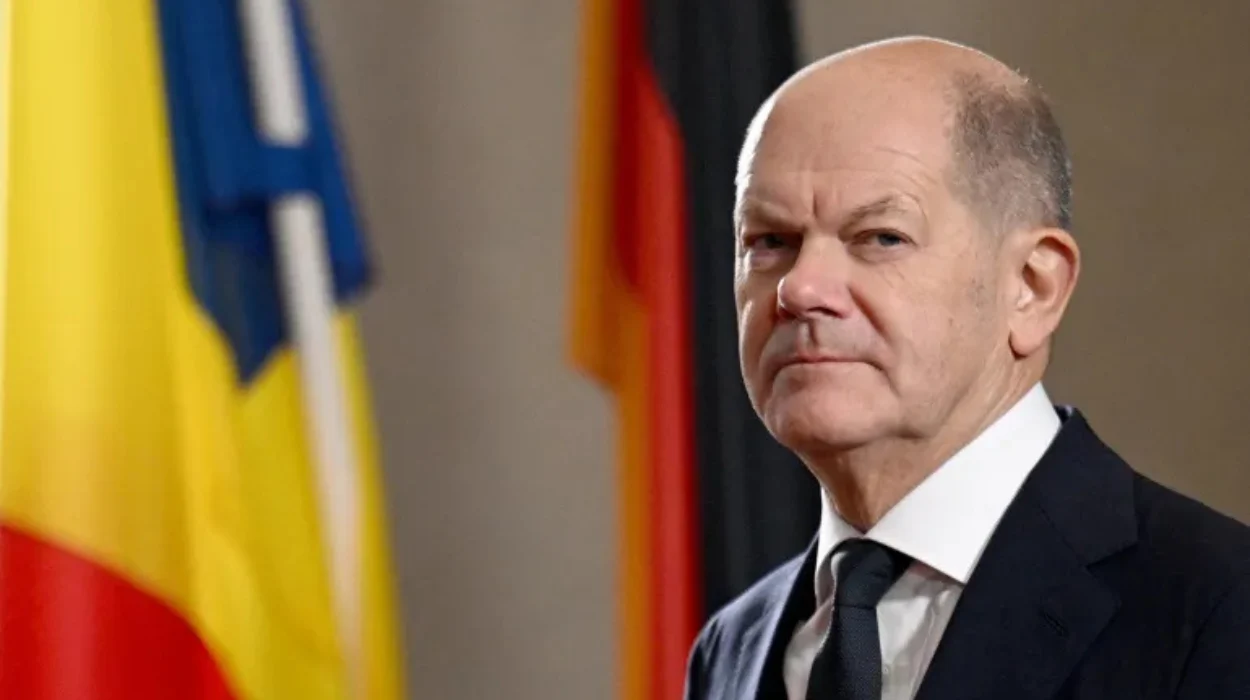London (Parliament Politics Magazine) – Boris Johnson has voiced concern that German Chancellor Olaf Scholz’s recent talk with Russian President Vladimir Putin may signal a return to the so-called Normandy Format.
The former UK Prime Minister Boris Johnson highlighted the talk voicing alignment with Ukrainian President Volodymyr Zelensky, who has openly denounced any potential return to the Normandy Format. This format, earlier involving Germany and France as mediators between Russia and Ukraine, was founded to facilitate peace in eastern Ukraine. However, it has been widely criticised by Kyiv and international observers as fundamentally defective due to Russia’s direct role as the aggressor in the conflict.
I am afraid Volodymyr Zelenskyy is completely right. We risk drifting back to the ghastly Franco German Normandy format which treated Russia and Ukraine as equally valid interlocutors in a domestic squabble.
— Boris Johnson (@BorisJohnson) November 15, 2024
That is a shameful betrayal of the reality – that Putin has launched a… https://t.co/xBip68Y7Lf
How does the Scholz-Putin call affect Ukraine’s position?
Boris Johnson quoted Zelensky’s position, stressing that the Normandy Format was detrimental by ministering the Russian-Ukrainian conflict as an internal conflict between two equal parties. “President Zelensky is correct. We are at risk of returning to the dreadful Franco-German Normandy Format, which presented Russia and Ukraine as equal partners in what was essentially an internal dispute,” Johnson said.
Johnson restated that Russia is the apparent aggressor in this situation and that Ukraine should not be held on equal ground with the Kremlin. He further stressed that the only responsible course of action for the international community is to defend Ukraine’s defence efforts robustly.
“Putin initiated this full-scale invasion, and Ukraine is entirely the innocent party in this conflict,” asserted Johnson.
What are the details of the Scholz-Putin Call?
The discussion between Scholz and Putin on 15 November observed the first direct communication between the two leaders in over two years. According to media reports, Scholz started the call, which had been under rehearsal for several weeks with input and coordination among G7 members. This coordination was planned to ensure that any diplomatic interactions aligned with broader Western positions on Russia’s isolation.
Johnson and other critics consider this dialogue with caution. Ukrainian officials, including those from the Ministry of Foreign Affairs, have publicly said that the conversation does little to advance peace actions. Rather, they claim it provides the Russian leader with potential leverage to reduce his international isolation. President Zelensky, referring to the call, tagged it a “Pandora’s box,” indicating the risks it poses by potentially enabling Russia’s persistence in the conflict.

